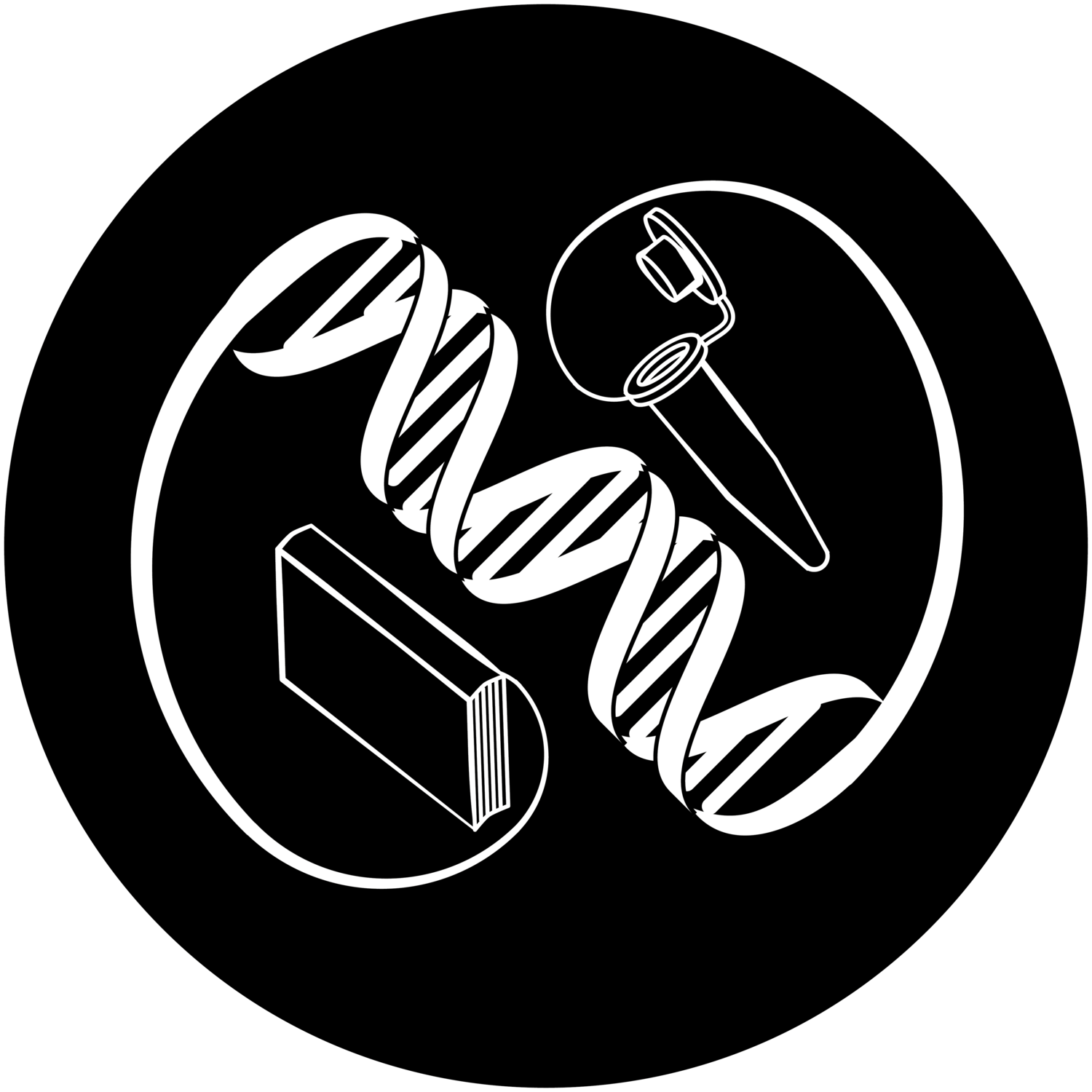About SCoPE
Teachers and Gurdon Institute scientists co-created four innovative teaching ‘toolkits’ to use in biology classrooms across the UK. These toolkits are part of our public engagement programme and their development was funded by Wellcome, therefore they are FREE for teachers to use.
This image is part of a video showing the inside of a single cell as it divides. It is part of a 3D reconstruction where the cell membrane shown in red and the spindle is shown in green. Image and video by Bernhard Strauss, a post doctoral researcher at the Institute.
You can read more about his research here and here.
Read more about the four toolkits and arrange to borrow or use them by clicking above.
The toolkits have been designed to bring contemporary research into GCSE and A-level classrooms in ways that support the current biology curriculum.
In addition to helping teach the required curriculum, we hope these toolkits will enable students to think critically about science, understand the value and relevance of the topics they are studying, and see research as a pertinent and attractive career choice.
Through the co-creation process, we hope we have fostered the development of a professional network between scientists and teachers, allowing scientists to develop a greater understanding of how their research fits in with and is perceived by the education system and enabling teachers to deepen their knowledge of fundamental biology and current research techniques.
This project was funded by Wellcome. Its process and outcomes are being evaluated by the University of Cambridge Faculty of Education. The Gurdon Institute Public Engagement Team coordinated the project.
We are very grateful for the time and contributions of Fran Riga and Mark Winterbottom, all of the teachers, scientists, learning specialists and others who made this project possible. Thank you!


